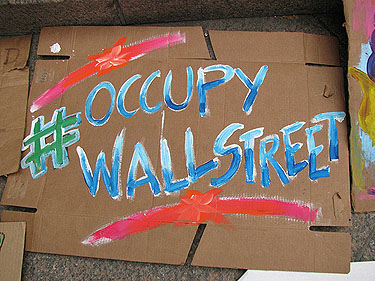A few years ago, federal district judge Jed Rakoff refused to approve an SEC settlement with Citigroup over charges that they had deliberately offloaded toxic mortgage securities into a special fund so that they could make money by betting against their own customers. Rakoff objected partly because he thought the SEC’s proposed fine was too  small—”pocket change,” he called it—but mostly because there was no public reckoning of what Citigroup had done. Not only weren’t they required to admit wrongdoing, they weren’t required even to admit the bare facts of what they had done.
small—”pocket change,” he called it—but mostly because there was no public reckoning of what Citigroup had done. Not only weren’t they required to admit wrongdoing, they weren’t required even to admit the bare facts of what they had done.
Sadly for Rakoff—and for the public—an appeals court overruled him, basically saying that the SEC had full discretion to reach any settlement it desired, and the judge’s only real role was to make sure it wasn’t tainted by collusion or corruption. Earlier this week, Rakoff backed off:
They who must be obeyed have spoken, and this Court’s duty is to faithfully fulfill their mandate.
….Nonetheless, this Court fears that, as a result of the Court of Appeal’s decision, the settlements reached by governmental regulatory bodies and enforced by the judiciary’s contempt powers will in practice be subject to no meaningful oversight whatsoever. But it would be a dereliction of duty for this Court to seek to evade the dictates of the Court of Appeals. That Court has now fixed the menu, leaving this Court with nothing but sour grapes.
Quite so, and the SEC’s long tradition of issuing wrist slaps to big Wall Street firms—and withholding all the details of their corruption from the public—is now safe once again. Apparently that kind of thing is only for the little people.
Of course, Congress could intervene, giving the SEC more manpower and demanding more accountability, but that’s not going to happen either. After all, sometimes people say mean things about Wall Street firms. Surely that’s punishment enough?
Via Michael Hiltzik, who has more at the link.

















